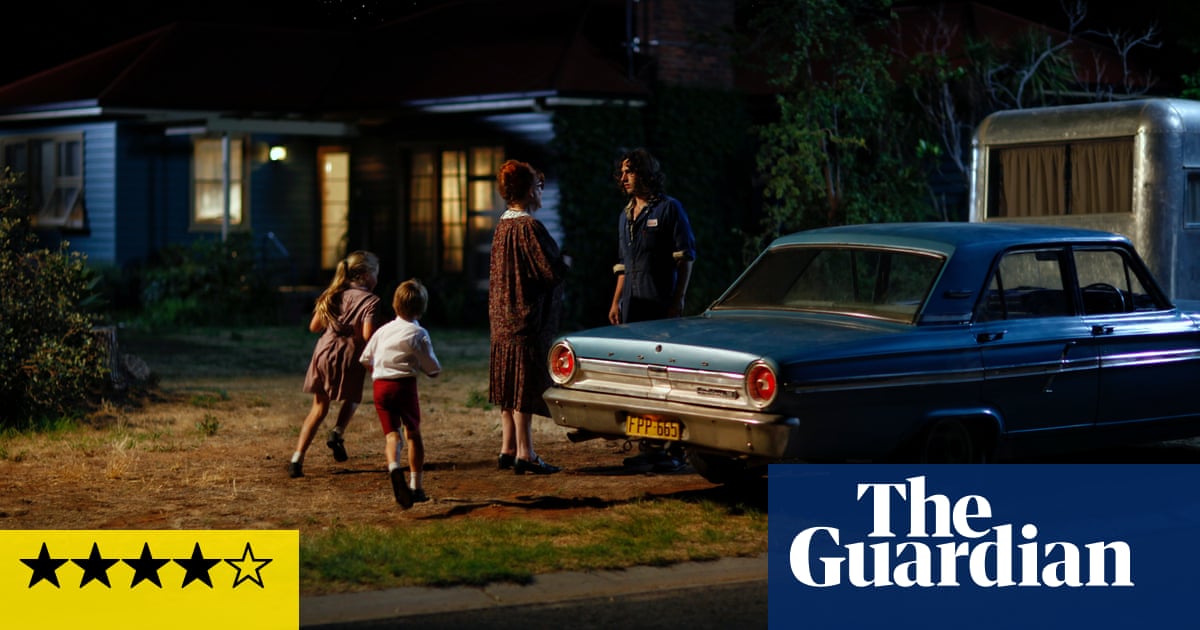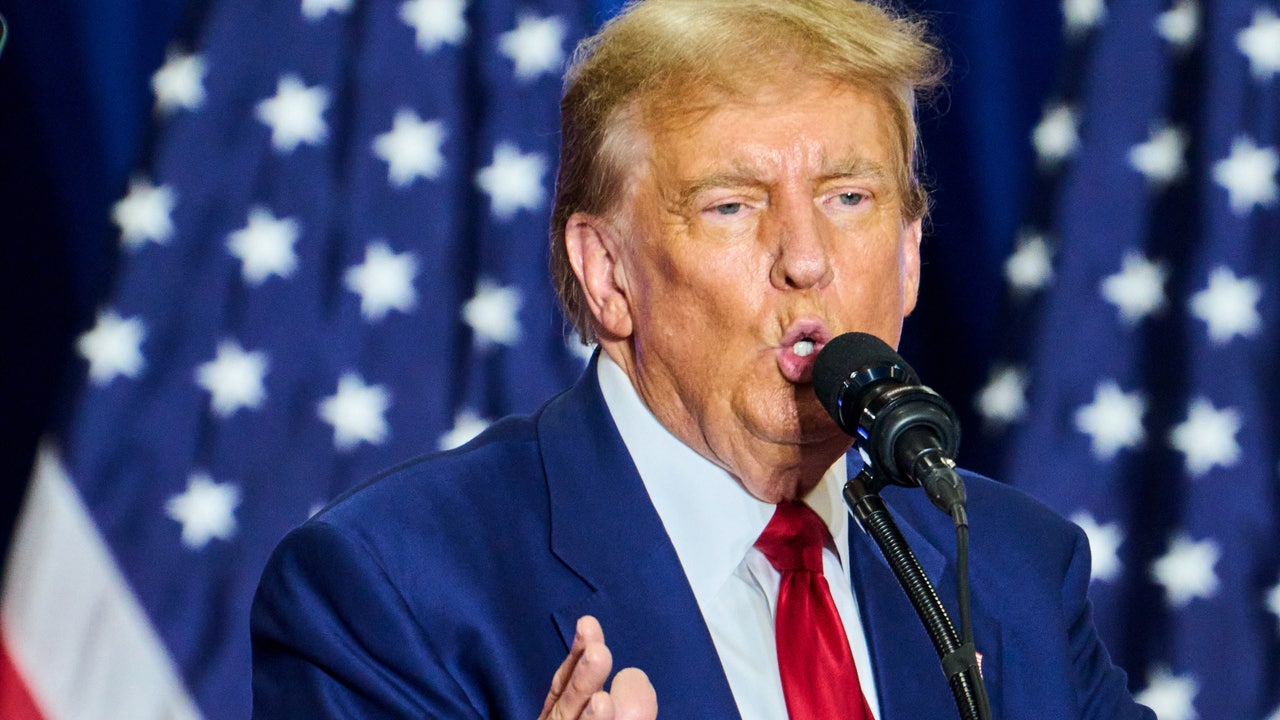
Films are often praised for being visually interesting, but rarely for being verbally interesting—in fact vococentrism is often discouraged, particularly through the famous screenwriting dictum “show, don’t tell”. Director Aaron Wilson’s absorbing period drama Little Tornadoes, however, manages a very compelling and unusual blend of pictures and an almost novelistic screenplay – the kind one might expect from Australian author Christos Tsiolkas, who co-wrote it with Wilson.
Assisted by the timeless qualities of rural locations, Wilson and the talented cinematographer Stefan Duscio (whose striking work includes The Dry, Upgrade and Acute Misfortune) illustrate an early 1970s Aussie setting with an eye for lived-in period details. In tone and setting, Little Tornadoes couldn’t be further from an ostentatious historical piece, bunkering down as it does into the life of an intensely glum protagonist, Leo (Mark Leonard Winter), who works as a metal worker in a small town and struggles to deal with his wife suddenly leaving him to raise their two young children alone.

But the voiceover strewn throughout the film, opening with the narrator’s observations about the differences between life in rural Australia and their old home in Italy, don’t belong to Leo or his wife. We are properly introduced to the speaker of these literary-sounding words (“I was told I was coming to a new world when I first arrived here … even the birds sang a different song”) well into the running time. While this person’s identity isn’t really a spoiler, I’ll leave it for audiences to discover it themselves, in the spirit of one of the film’s gentle reveals.
The verbality of Little Tornadoes starkly contrasts with Wilson’s previous directorial effort: the pretty and near-wordless 2013 drama Canopy, about an Australian fighter pilot navigating a Singaporean jungle during the second world war. Wilson inserts other verbal flourishes into his new feature, including the voice of another woman who is implied to be a memory bouncing around Leo’s head, and a soft, slow cover of Beautiful Dreamer. This wistful song is overused, but here it is applied thoughtfully, resonating as a comment on the small town/big city pide.
It’s not uncommon for Australian films to contemplate small town life through characters who must face up to things they’ve left behind, often unresolved familial conflict (see Simon Stone’s The Daughter; Alena Lodkina’s Strange Colours; Ray Argall’s Return Home; and Richard Franklin’s Hotel Sorrento). In Little Tornadoes, Leo is the person left behind. Winter’s thousand-yard stare and taciturnity counters the script’s wordiness elsewhere; his exceptional performance – with its hangdog demeanour and defeated stoop – painfully aligns body and soul.

Winter internalises a great deal but lets emotions drip out of him, vividly detailing a man who not only spends a lot of time thinking, but thinking about the worst kinds of things that can tear people apart. The more time we spend in the company of Leo’s father, Jim (Robert Menzies), an ex-prisoner of war with PTSD, the more it becomes clear that his inability to process pain has been passed down to his son. Such sadness and vulnerability can be hereditary to some extent, but it also belongs to a much wider culture of stoicism in Australia.
Wilson builds an intensely thoughtful space to contemplate mental health among Australian men, particularly those living in rural communities where there are higher rates of anxiety, depression and suicide. This is achieved with subtlety, through character and story. While Little Tornadoes is far from light viewing, there’s an elegance in its construction that makes it accessible, even pleasurable, to watch. The aforementioned narration is part of the reason the film feels like it’s having a conversation with the audience as well as itself – in particular its melancholic protagonist Leo, who will stay with you.
Little Tornadoes is in Australian cinemas from 12 May.



































































